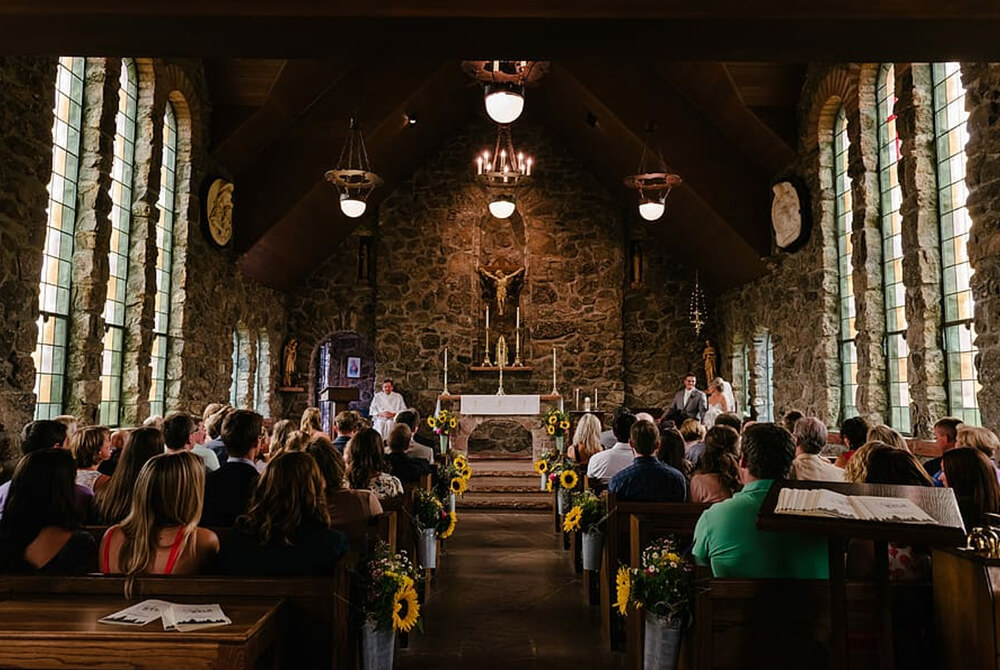
What is an Executive Pastor and Does your Church Need One?
Although they may have been unheard of a few decades ago, executive pastors are becoming an increasingly integral part of successful churches. They don’t take on the same duties as a senior pastor, but that’s part of their overall appeal. If you can’t decide whether your ministry needs to create such a position, the following information will provide some guidance.
What is an Executive Pastor?
The rationale for hiring an executive pastor is similar to why a business would need a chief operating officer (COO). There are simply too many duties to go around, and by filling these supplemental positions, it allows the heads of organizations to focus more on their real duties. Career sites explain this ministry position fairly simply:
“An Executive Pastor oversees a church’s operations, strategic planning, administration, finances and human resources to achieve their mission and vision. [They] lead and oversee church staff such as preachers, elders and deacons.”
You can see that many of the most important responsibilities of a senior pastor – such as making hospital calls, officiating weddings, meeting with congregants and overseeing funerals – are not included in these duties. This doesn’t mean than they won’t at times handle such commitments, but these major responsibilities should still fall on the senior pastor.
Due to the parallels between COOs and executive pastors, one could look at the roles of Chief Operating Officers to learn the many facets of being someone who assists the senior pastor:
The Executor
The long-term goals of a congregation must be planned out and overseen by someone focused on bringing them to fruition. From growing the church email list to implementing tech strategies that increase giving, there are things that need to be done that the senior pastor simply shouldn’t be burdened with.
The Change Agent
There are times when churches must make serious changes to ensure their future. Maybe funding has dropped drastically due to COVID-19, or maybe the signs of an impending church split are becoming overtly obvious. An executive pastor can spearhead these changes while allowing the head pastor to continue focusing on their duties.
Mentor to the Pastor

Senior pastors aren’t always prepared for what they face. Whether a youth pastor suddenly is placed at the head of the church or a novice preacher is brought in – they typically need time to get their bearings. Experienced pastors who are put into executive positions can mentor these rookie religious leaders. This should last until they can stand on their own two feet.
The Complementarian
Complementarianism is a theological belief that views roles of women in the church as complementary to those of men, but a similar relationship can exist between the senior and executive pastors. Filling the latter role with someone who has different strengths than the senior leader – thus complementing them – can make the church stronger as a whole.
The Partner in God
The head of a church doesn’t always have deficiencies, but having a partner can multiply their effectiveness. Hiring an executive pastor provides this possibility. In any case, having an ally is one of the quickest ways to improve one’s overall job performance.
The Heir Apparent
Most church leaders will retire at some point. When they do, it’s important for there to be someone to grasp the reins and keep trudging forward. Putting a pastor in an executive position is a great way to prepare them for the task once the senior position opens up.
The MVP
There are times when members of the church leadership team may feel underutilized or unappreciated. When this happens, they may become interested in finding another place to worship. Many congregations will attempt to hold onto them – or poach them from the ministry they’re leaving – by offering the role of executive pastor.
Why are Executive Pastors Important?
The roles taken on by pastors in executive positions are numerous and integral to the functioning of the church. While they handle things such as budgets, ministries, facilities and staffing, the senior pastor can focus more on roles that include praying, preaching, vision-casting and interacting directly with congregants.
In the past, senior pastors had to handle all these responsibilities on their own. This helps explain why 84 percent of church leaders work more than 40 hours a week and over one-third perform in excess of 60 hours each week. When the head of a church has to wear all the leadership hats on their own, their effectiveness becomes diminished.
This means an executive pastor can be just as important to the health of a church as its primary minister.
Attributes of a Great Executive Pastor
It’s important to remember that not just anyone can handle the duties of an executive-level pastor. You need to strive to find the right fit for the position rather than just assigning it to someone just because they applied. If you can find a ministry leader that showcases the following attributes, you might have just found yourself an excellent choice:
- Skills that complement the pastor.
- Great at listening and diffusing energy.
- Strong sense of timing.
- Solution-oriented.
- A passion and ability to empower people.
- Calm and relaxed demeanor.
- Ability to see the big and small pictures.
These attributes are essential for great executive pastors. Without them, they simply won’t be able to perform the duties meant to lessen the burden on the head pastor. And when you find the person that’s perfect for this position, the benefit they provide means you’ll have no problem adding them to your Pastor Appreciation Month festivities.
Do We Need an Executive Pastor?

Whether or not a ministry needs a pastor in the executive position typically comes down to the size of the congregation. It might seem like a great idea to lessen the burden on the senior pastor. In reality, the position isn’t usually necessary for smaller churches. A preacher and their staff can handle most responsibilities in these instances.
Although not set in stone, most experts recommend a number around 800. In most cases, you shouldn’t consider hiring an executive pastor until attendance approaches that mark. Others suggest waiting until your congregation is closer to 1,200 parishioners. Of course, this is only the case if the executive role won’t also include primary pastor duties.
In the end, every church is different. This means you should take a hard look at your ministry’s inner workings and figure out if you need help in the executive role.
Seriously Consider Hiring an Executive Pastor
Anyone who works in the ministry understands how difficult it can be to keep a church running smoothly. Unfortunately, these responsibilities have historically fallen to the senior pastor as a difficult burden shouldered on their own. For ministries with the resources to hire an executive pastor, however, this no longer has to be the case.
Your church should put serious consideration into bringing on such a professional and utilizing other tools to simplify essential processes. The digital giving software at DonorWerx – along with our parishioner engagement strategies – can help you do this. Contact us today for a free Discovery Call!


